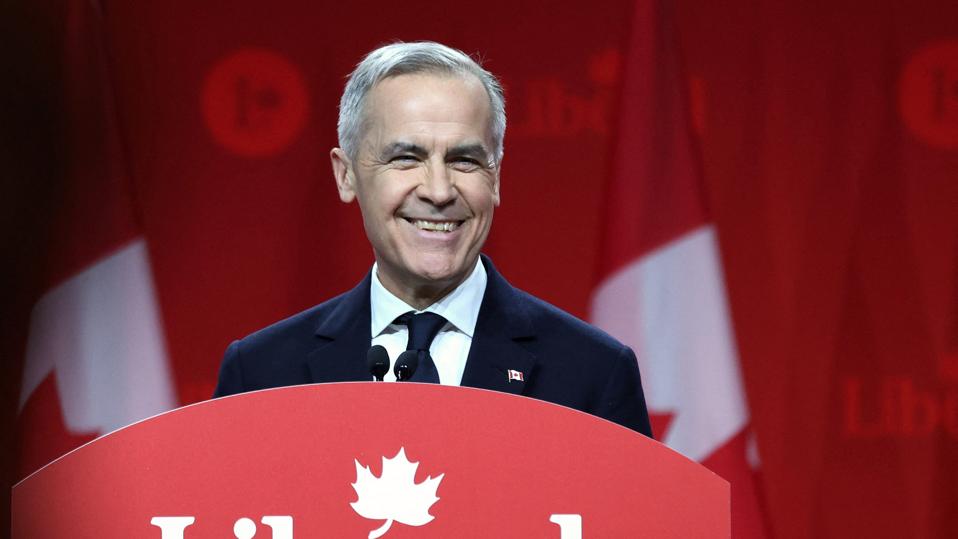Syrian President Bashar al-Assad arrived in Russia on Sunday after rebels seized control of Damascus, Russian state media said—a pivotal moment in the years-long civil war against the regime that has controlled Syria since the 1970s.

Key Facts
- Assad and his family arrived in Moscow and will be granted asylum there as Russia is an ally of his regime, according to Russian state media.
- The foreign ministry of Russia said early he “decided to step down as the Syrian President and leave the country, instructing the government to transfer power peacefully”—but did not specify where Assad, who had not spoken publicly in a week, fled to.
- Assad’s apparent departure follows a week-long blitz by the Islamist rebel group Hayat Tahrir al-Sham and other anti-government forces, starting with the seizure of Aleppo and culminating Sunday in a takeover of Damascus.
- The group said it would work with Syrian Prime Minister Mohammad Ghazi al-Jalali, who would maintain control over public institutions for the immediate future, The New York Times reported.
- Jalali said he had not spoken to al-Assad since Saturday and vowed to work with the country’s new leader, calling for free elections, Reuters reported.
- President Joe Biden said the U.S. sees “new opportunities opening up for the people of Syria and for the entire region,” and vowed to support U.S. allies in the region amid the transition of power and to prevent ISIS from taking advantage of the situation, adding the U.S. carried out “a dozen” airstrikes Sunday within Syria targeting ISIS camps and operatives.
- Biden also said the U.S. believes Austin Tice, a journalist kidnapped in Syria in 2012, is alive and “we think we can get him back,” as Tice’s family also said this week a “significant source” informed them that he is alive and being treated well.
Crucial Quote
“The great Syrian revolution has moved from the stage of struggle to overthrow the Assad regime to the struggle to build a Syria together that befits the sacrifices of its people,” the Syrian rebel coalition said in a statement, according to Reuters.
Key Background
The Assad family kept an authoritarian grip on Syria for 54 years—the first 30 under Hafez al-Assad, and the last 24 under his son Bashar al-Assad. The country has faced a bloody civil war since 2011, but a brutal counteroffensive by Assad’s forces—aided by Russia—had reclaimed much of the country after 2016, leaving rebels in control of a tiny sliver of the country’s northwest while U.S.-backed Kurdish forces controlled eastern Syria. The surprise rebel takeover in recent weeks was apparently facilitated by waning support from Iran and Russia as their militaries—and Iranian-backed Hezbollah—are engaged in their own conflicts with Ukraine and Israel, respectively. Syrians gathered in the streets for the first time in years, celebrating the reprieve in violence after bombings were a reality of daily life for years and devastated much of the country’s infrastructure, killing more than 100,000 Syrians, The New York Times reported, citing watchdog group the Syrian Network for Human Rights.
What To Watch For
Assad’s apparent fall introduces a period of uncertainty and vulnerability in Syria and the possibility that Islamic State militants could take advantage of the leadership gap. Lead rebel group Hayat Tahrir al-Sham could also face headwinds. The Islamist group has its roots in an al Qaeda offshoot and is still designated by the United States as a terrorist organization, and while its leader has tried to cast himself as a moderate and promised to respect Syria’s religious minorities, many observers are wary.
Tangent
Israeli Prime Minister Benjamin Netanyahu said Sunday the Syrian rebels’ success was attributed to Israel’s military campaign against the Hezbollah militia group in Lebanon, calling it a “historic day in the Middle East.” Netanyahu ordered the Israeli military to take control of the buffer zone between Israeli-occupied Golan heights and the rest of Syria to stave off “any hostile force,” CNN reported. Meanwhile, Syrian rebels stormed Iran’s embassy, Reuters reported, citing Iranian English-language Press TV, and Hezbollah retreated from Syria, two Lebanese security sources told Reuters.
This story was originally published on forbes.com and all figures are in USD.


